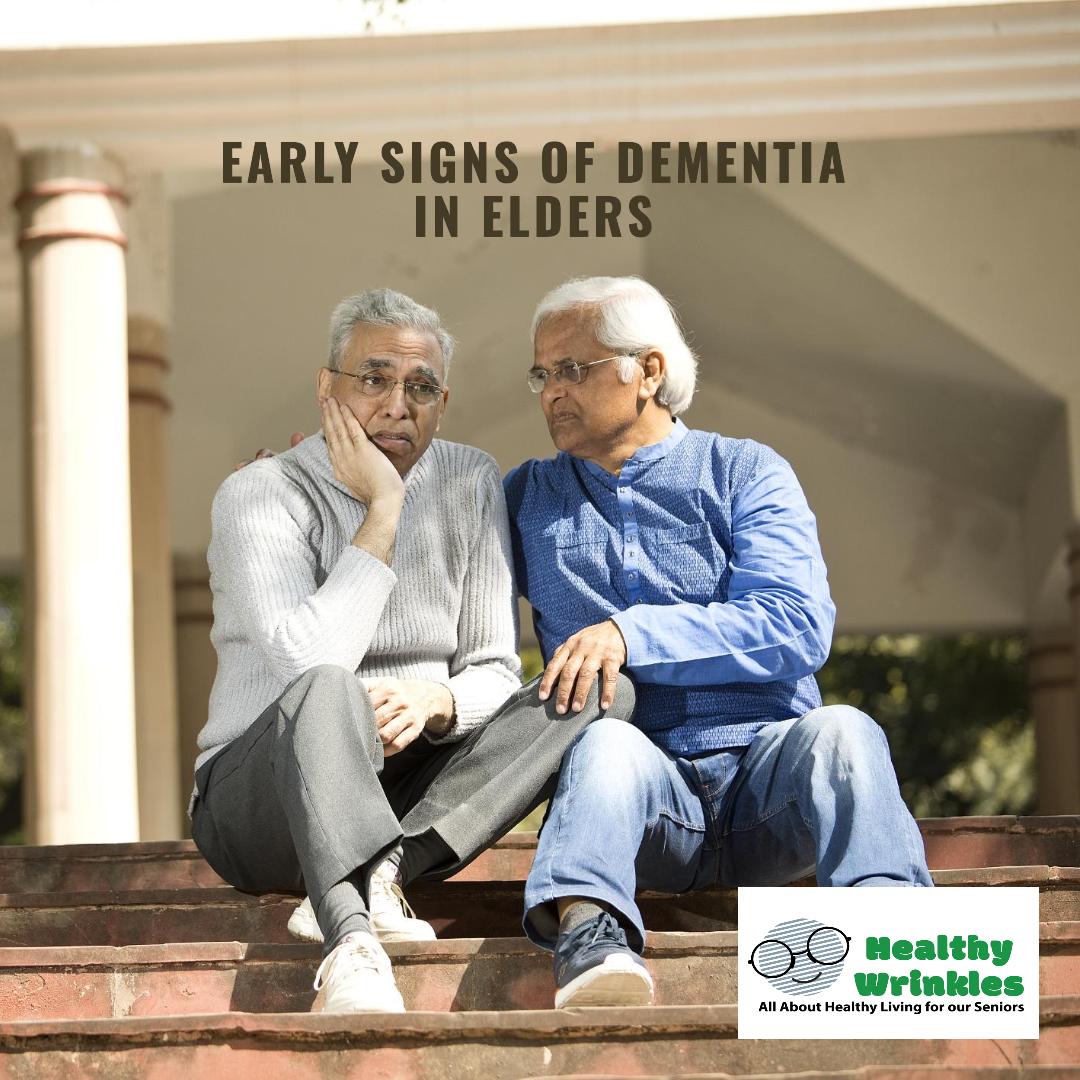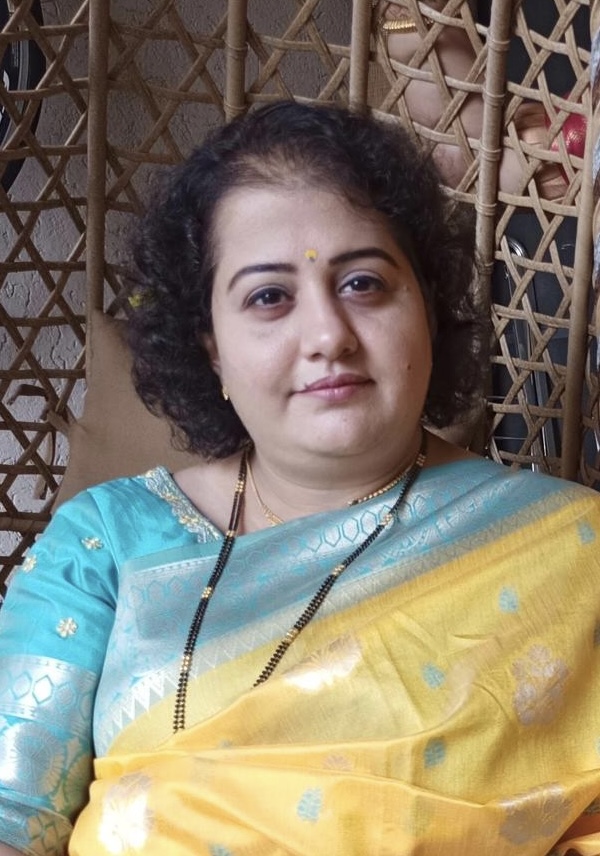
Recognizing the early signs of dementia in seniors is essential for timely and effective care.
In this article, you'll learn about the subtle yet significant indicators of dementia in seniors, empowering you to take proactive steps for your loved one's well-being. Read on to discover how early detection and intervention can make a profound difference in managing dementia and enhancing the quality of life for seniors.
Over 60% of those with dementia reside in low- and middle-income nations, accounting for more than 55 million individuals globally. Numerous illnesses and traumas to the brain can cause dementia. The most prevalent type of dementia, accounting for 60–70% of cases, is Alzheimer's disease. (1)
Approximately 8.8 million Indians who are older than 60 suffer from dementia. In comparison to men, dementia is more common in women, and in rural as opposed to urban settings. (2)
Early identification of dementia is crucial for managing the condition and improving the quality of life for seniors. If caregivers are on the lookout it would help their seniors.
Here are some early signs of dementia that may be observed in seniors in India:
Memory Loss
1. Short-Term Memory: Forgetting recent events, conversations, or appointments.
2. Repetition: Frequently asking the same questions or telling the same stories repeatedly. Also asking for food repeatedly
Difficulty with Familiar Tasks
1. Daily Activities: Struggling to perform routine tasks such as cooking, using household appliances, or managing finances.
2. New Challenges: Difficulty learning new tasks or following a sequence of steps.
Language Problems
1. Finding Words: Trouble finding the right words or substituting unusual words.
2. Following Conversations: Difficulty understanding or participating in conversations.
Disorientation
1. Time and Place: Becoming confused about dates, seasons, and the passage of time.
2. Getting Lost: Losing track of familiar locations or routes. Difficulty in returning home after going out
Poor Judgment
1. Decision Making: Making poor or uncharacteristic decisions, especially regarding money or personal safety.
2. Neglecting Self-Care: Poor hygiene, improper dressing for the weather, or neglecting personal health.
Changes in Mood and Behavior
1. Mood Swings: Unexplained mood changes, such as sudden anxiety, depression, or anger.
2. Personality Changes: Noticeable changes in personality, becoming suspicious, withdrawn, or fearful.
Social Withdrawal
1. Loss of Interest: Decreased interest in hobbies, social activities, or spending time with family and friends.
2. Isolation: Becoming more isolated and avoiding social interactions.
Problems with Abstract Thinking
1. Complex Tasks: Difficulty understanding concepts that require abstract thinking, such as planning or problem-solving.
2. Numbers and Time: Struggling with numbers, such as balancing a chequebook or understanding time.
Misplacing Things
- Losing Items: Frequently losing items and being unable to retrace steps to find them.
- Unusual Places: Placing items in unusual places (e.g., putting keys in the refrigerator).
Changes in Vision and Spatial Awareness
1. Visual Perception: Difficulty reading, judging distances, or distinguishing colours.
2. Navigation: Problems with spatial awareness, leading to bumping into objects or difficulty driving.
When to Seek Help
- Consult Healthcare Providers: If these signs are observed, it's important to consult a healthcare provider for a comprehensive evaluation.
- Early Intervention: Early diagnosis and intervention can help manage symptoms and improve the quality of life.
By being aware of these early signs, families and caregivers in India can seek timely medical advice and support for seniors, potentially slowing the progression of dementia and enhancing their well-being.
If you are looking for nursing homes for dementia patients, visit our nursing bureaus section. Watch our videos on dementia by leading health experts.
References:
- https://www.who.int/news-room/fact-sheets/detail/dementia
- Lee J, Meijer E, Langa KM, Ganguli M, Varghese M, Banerjee J, Khobragade P, Angrisani M, Kurup R, Chakrabarti SS, Gambhir IS. Prevalence of dementia in India: National and state estimates from a nationwide study. Alzheimer's & Dementia. 2023 Jul;19(7):2898-912.
About The Author:

This article is written by Dr Rucha Joshi, a Consultant Psychiatrist.
Dr. Rucha Joshi is a highly respected Consultant Psychiatrist based in Thane city, with an impressive 13 years of experience in the field of psychiatry. She holds a DNB in Psychiatry and a DPM, showcasing her extensive training and expertise. Dr. Rucha is affiliated with several esteemed institutions, including the Institute of Psychological Health (IPH), Bapat Hospital, and Vasant Vihar Hospital. Her dedication to mental health and well-being is evident in her compassionate approach and her commitment to providing exceptional care to her patients.
Healthy Wrinkles is devoted to better healthcare for senior citizens. We hope that our Healthy Wrinkles YouTube channel, blogs and healthcare service databases will help seniors and their families to ensure better senior care.
We hope that you found this article helpful. Feel free to add your comments to this article.
Do you want to get answers to your concerns about dementia? Are you interested in getting in touch with experts in senior care, and senior care homes? Send us a message or call us on our WhatsApp number 099679 13884.
You can also write to us at
Disclaimer: Healthy Wrinkles does not recommend or offer any medical diagnosis, treatment, or advice. The information provided here is only for the awareness of disease or ailment among individuals, caregivers, and the public. The advice of doctors, licensed professionals, or therapists who are knowledgeable about your particular situation should always be sought before using the information provided here. It should also not be used in the event of a medical emergency or for the diagnosis or treatment of any medical condition. If you want urgent assistance, contact a qualified medical professional.

